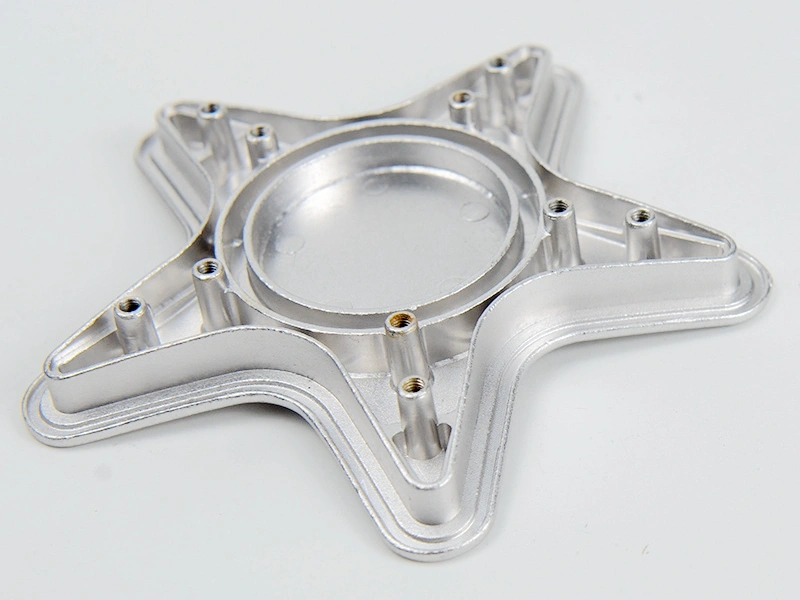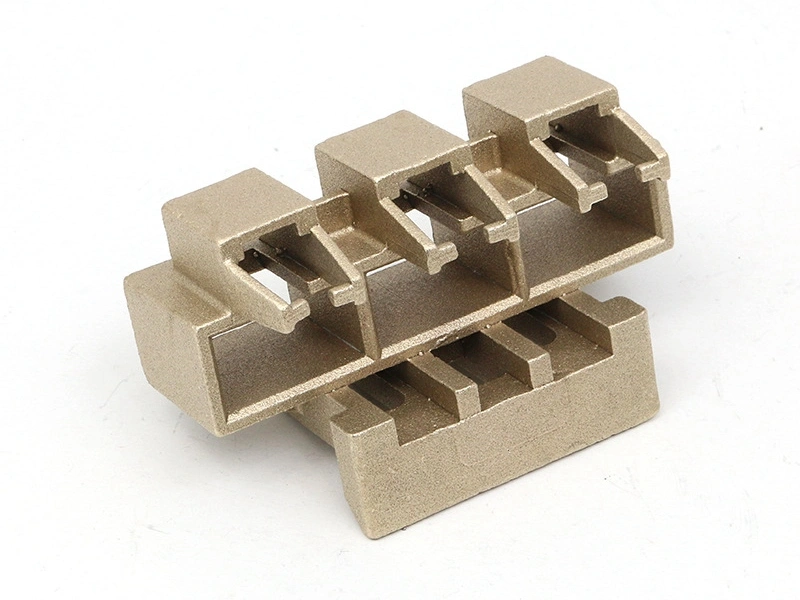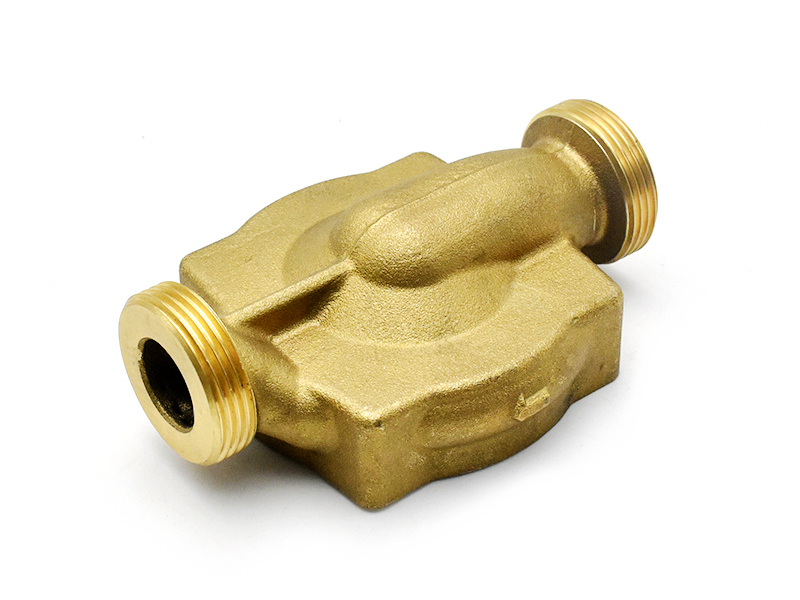What finishing options improve brass corrosion resistance in valve applications?
What Finishing Options Improve Brass Corrosion Resistance in Valve Applications?
Importance of Surface Treatment for Brass Valve Durability
Brass valves used in plumbing, HVAC, and industrial fluid systems are exposed to moisture, chlorinated water, and varying pH levels. While brass alloys like C87850 silicon brass and C84400 semi-red brass offer inherent corrosion resistance, surface treatments further enhance longevity—particularly in aggressive or high-humidity environments.
Effective Finishing Options for Brass Valve Bodies
Nickel Plating
Nickel plating provides a hard, non-reactive barrier that prevents oxidation and dezincification.
Thickness: 8–25 µm
Surface hardness: 500–700 HV
Compliant with ASTM B689 and ISO 4525
Ideal for potable water valves, HVAC regulators, and outdoor installations
Chrome Plating
Applied over a nickel base, chrome plating offers improved abrasion resistance and corrosion protection, with a decorative finish.
Thickness: 0.5–2 µm (over 10–15 µm nickel)
Suitable for exposed or consumer-facing valve components
Meets ASTM B456 for electroplated coatings
Electroless Nickel Plating
A uniform, non-electrolytic nickel layer that provides high wear and corrosion resistance, especially for complex valve geometries.
Consistent thickness even in threads, cavities, and corners
Resistant to pitting in acidic or chlorinated environments
Compliant with ASTM B733
Epoxy or Polymer Coatings
Polymeric coatings provide a moisture-resistant layer for external surfaces.
Thickness: 60–120 µm
Applied via spray or powder coating
Used for non-wetted surfaces or valve bodies in harsh environments
Organic Sealants or Lacquers
Clear coatings applied over bare brass to inhibit tarnishing and surface oxidation.
Minimal thickness (<10 µm)
Often used for indoor valves or temporary corrosion protection
Not suitable for high-abrasion or wetted components
Finishing Selection by Application
Valve Application | Recommended Finish | Benefit |
|---|---|---|
Potable water systems | Nickel or Electroless Nickel | Prevents dezincification, NSF-compatible |
Outdoor HVAC units | Chrome or Epoxy Coating | Weatherproof and corrosion-resistant |
Decorative plumbing valves | Chrome Plating | Aesthetic finish with surface protection |
Industrial process valves | Electroless Nickel | Chemical and pitting resistance |
Surface Testing and Standards
Neway verifies finishing performance through:
Coating thickness testing (ASTM B487)
Salt spray corrosion testing (ASTM B117)
Adhesion testing (ISO 2409 cross-hatch)
Dimensional checks after plating or coating
Customer-Oriented Finishing Services
Neway Die Casting offers full finishing support for brass valve bodies:
Brass Die Casting Services: Quality base casting using corrosion-resistant alloys
Post-Processing Services: Nickel, chrome, and epoxy finishes for enhanced durability
Post-Machining Services: Bore and thread precision maintained after finishing



